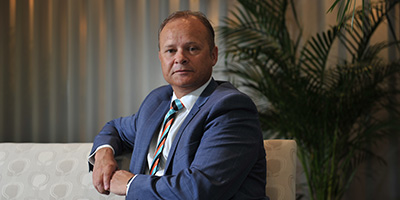MTAA/Tasplan merger’s first casualty. What’s APRA doing?
Comment by Greg Bright
The Motor Trades Association of Australia super fund, representing, primarily, car dealers and their staff, and Tasplan, the Tasmanian public offer fund representing public servants and others, which are in the process of an unlikely merger into a $22 billion-plus fund, have advertised for a new CIO.
Philip Brown, the current CIO of MTAA, is understood to be negotiating his exit package. The head of investments at MTAA, a long-troubled fund due to its relationship with the association with which it was linked, follows the former Tasplan CIO, Ian Lundy, who left mid-way through last year.
The Tasplan and MTAA merger should represent a case study for Australia’s superannuation industry. APRA’s encouragement of such mergers is also worthy of study. The industry’s participants are increasingly worried that our main regulator has become obsessed with headline fees and the benefits of scale through mergers. APRA is coercing smaller funds to merge but has not published any evidence that such mergers are good for members.
Philip Brown is a well-regarded investment professional. As the Hobart-based Tasplan and Canberra-based MTAA merge, however, recruitment of investment professionals will become increasingly difficult. Brown was educated at the University of Tasmania – at least that’s a connection.
When the merger was announced last November, Tasplan had 130,000 members and $10 billion under management. MTAA Super had 203,00 members and $12.8 billion under management. As an aside, the entire population of Tasmania is less than 500,000. The state gets the same number of senators as NSW (population 7.5 million), Victoria (population 6.4 million) and Queensland (5 million). But that’s another story.
More relevant to the super industry is the question: what is that APRA is doing?









